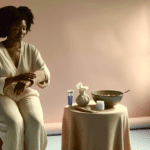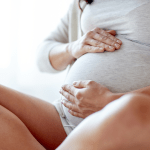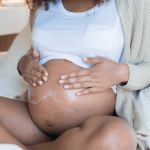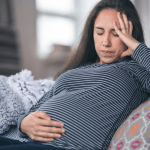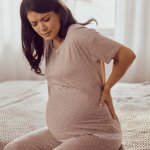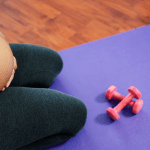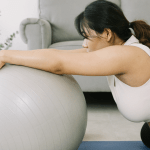You’re not alone if you have experienced vulva varicosities.
55% of women will suffer varicose veins in their lifetime, according to a study done by the American College of Phlebology. This may not be a hot topic of conversation, but many women experience swelling of veins in the vagina or vulva during pregnancy.
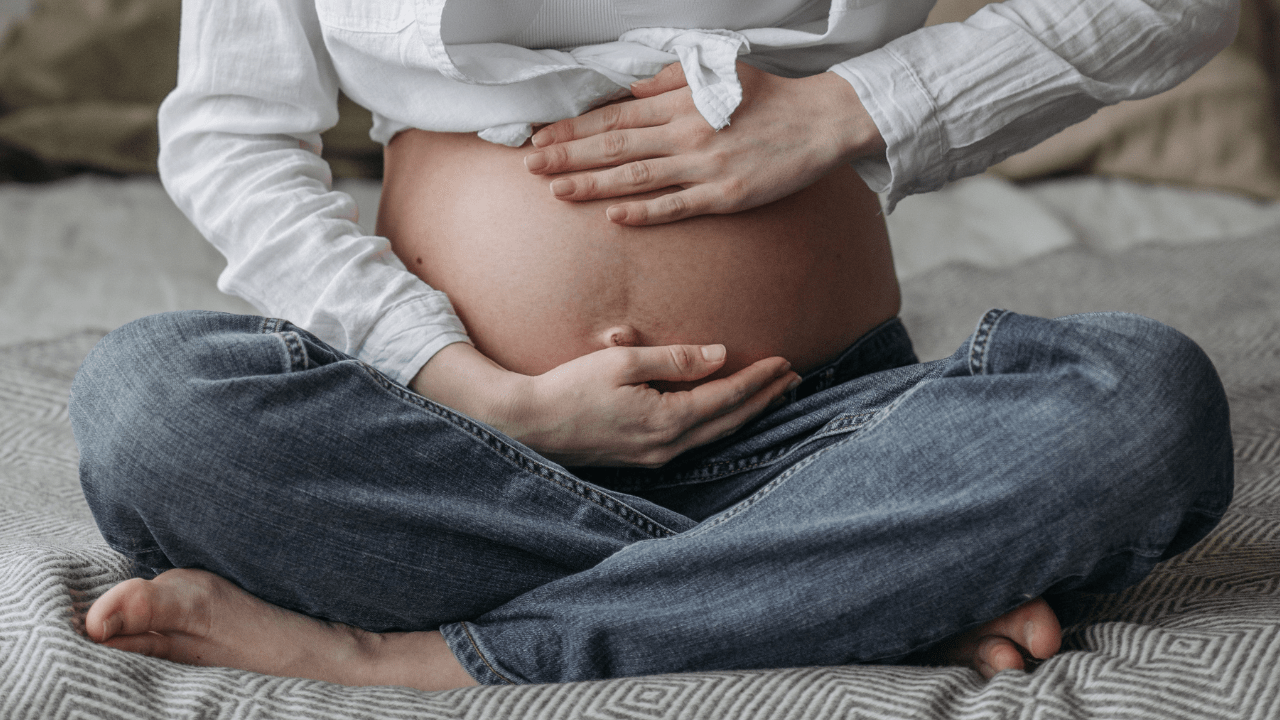
This condition often occurs during pregnancy due to the increased blood flow and pressure on the pelvic floor, resulting in varicose veins of the vulva or of the vagina. The symptoms of vulva varicosities are pain in the vulva area, feelings of fullness or pressure, swelling and discomfort, and visually swollen veins.
In more extreme cases, the full dilated blood vessels can resemble dark purple swollen veins, and they really look like large earthworms. There are several steps you can take to reduce swelling, prevent this condition from worsening, and potentially heal the varicosities.
To help alleviate the pressure and discomfort, first avoid tight clothing. Also avoid standing or sitting for prolonged periods of time. What else can you do? The good news is that they usually go away once your baby’s born.
First of all, promote circulation by raising your feet above the level of your heart. You can rest them up on the wall like legs up the wall. I have some videos on that. Place a pillow when you’re pregnant though under your right hip to tilt slightly left and this will prevent you from feeling dizzy and ensure good circulation to the placenta is maintained after about 5 minutes. Lower your legs onto the bed or couch or onto the floor and turn onto the left side for a few minutes before sitting up.
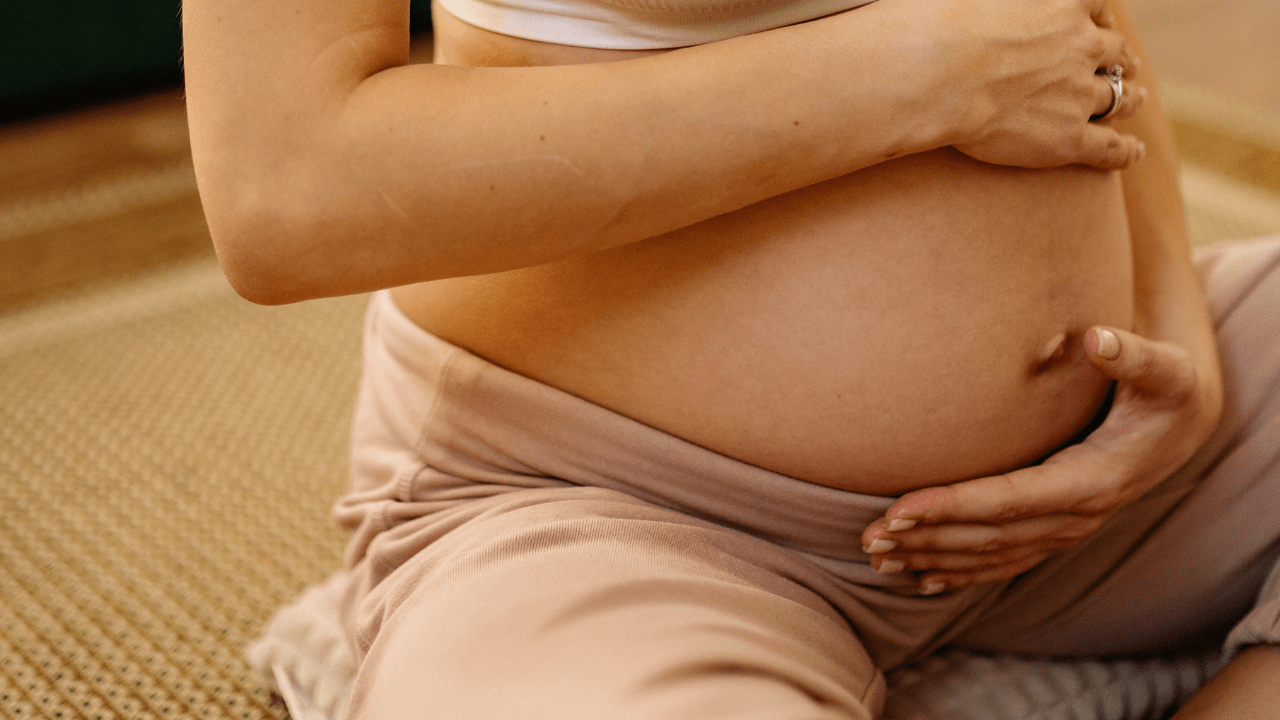
Another tip is wearing compression support garments, and you can try wearing an abdominal band with compression therapy groin bands. You can also try a cool compress. Make sure you avoid lifting heavy objects.
One common symptom of varicose veins is itching of the veins and the skin around them. Itching can be a hassle for you to deal with, so if you experience itching, you can apply a labial moisturizer like Cleo by Damiva. Cleo is 100% all natural, chemical-free and water-free. This is so important so that it doesn’t affect your hormones and also doesn’t then affect your health.
When should you contact your midwife or doctor? Although there’s little they can do, you can mention your symptoms during your routine visit and call them if you have swelling or pain that worsens and you feel concerned.

